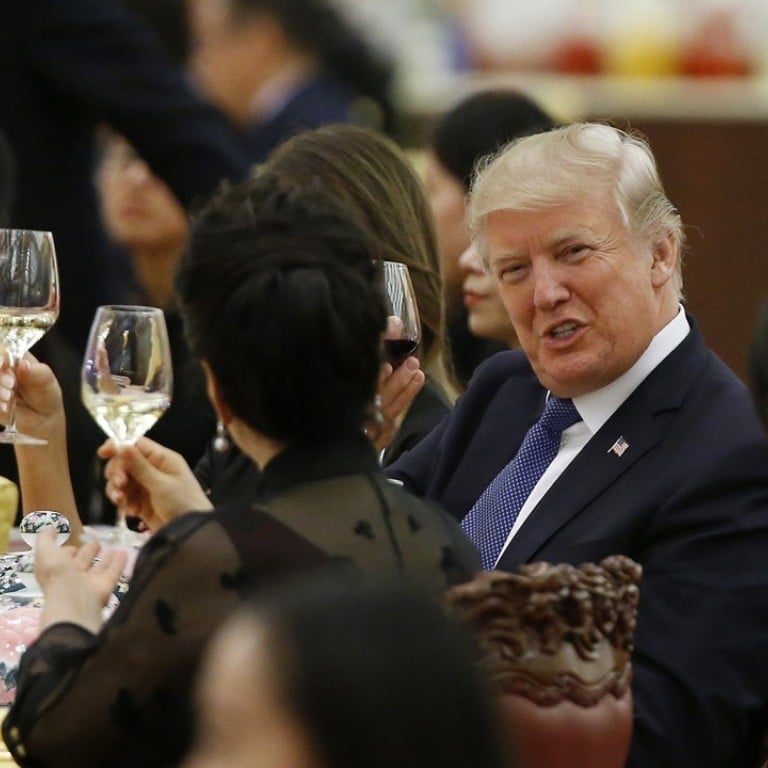
The diplomatic dishes China picked to keep Donald Trump happy at a state banquet
Safety-first menu for big set piece dinner shows Beijing was taking no risks when hosting a man who is not known for his adventurous palate
As a man noted for his simple tastes and who does not seem receptive to new and exotic foods, Donald Trump presents a challenge for banquet organisers where the US president is the guest of honour.
For those chefs and officials in Beijing who were anxious to showcase their country’s extensive culinary heritage this week without putting their visitor’s nose out of joint there was an obvious message: keep it simple and keep it familiar.
While they showed a bit more imagination than the Japanese officials who decided it was easiest to welcome Trump by serving him a burger, this week’s state banquet featured plenty of dishes that the US president may have encountered before.
‘The Chinese have figured out how to play Trump’: Asian leaders go the extra mile to flatter US president
The dishes on the menu included coconut-flavoured chicken soup, seafood chowder, Kung Pao chicken, stewed beef steak in tomato sauce, braised vegetables in premium broth and grouper fillets in hot chilli oil.
Local delicacies that disturb Western culinary sensibilities, such as thousand-year-old eggs and bird’s nests, or like shark’s fin soup raise ethical concerns, were definitely off the menu.
Lei Jun, the founder of tech firm Xiaomi, who was one of the guests at the banquet, disclosed the menu on his Weibo feed. The menu was later confirmed by an official from the Chinese foreign ministry.
The six courses presented to Trump offered a wider choice than the four served to his predecessor Barack Obama at a state dinner in 2009.
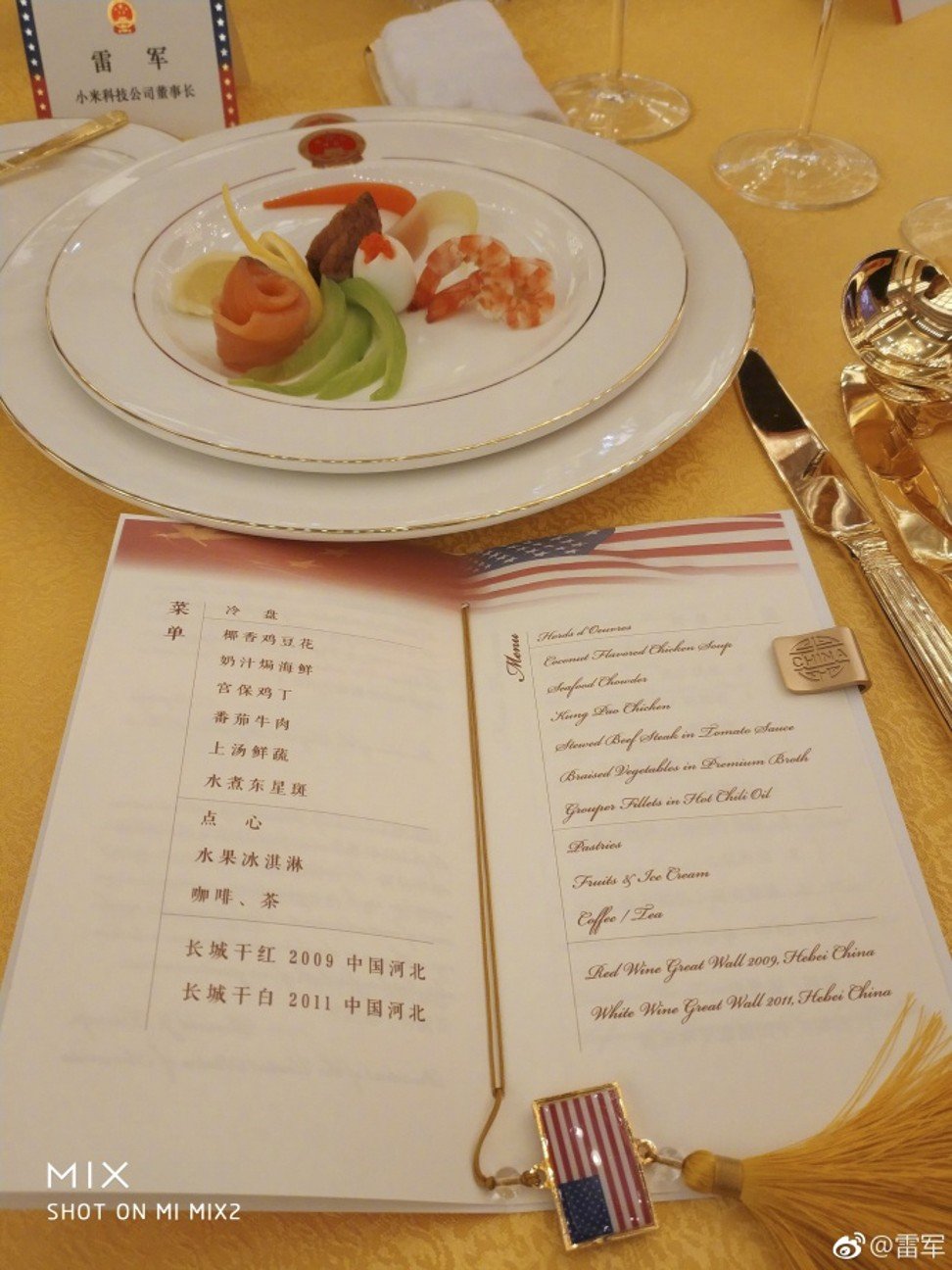
State banquets are big events in China that can involve more than 160 chefs, according to Chinese state media, with Beijing eager to ensure that nothing goes wrong.
A well-chosen menu can prove a valuable diplomatic tool.
When Henry Kissinger, a key aide to late US president Richard Nixon, visited China in 1971 to make arrangements for his boss’s groundbreaking visit the following year he was served Peking duck at a banquet with premier Zhou Enlai.
The dish proved such a hit with the future secretary of state that he credited it with helping to create a relaxed, positive atmosphere for their discussions of more serious matters.
Years later Kissinger was quoted as saying: “After a dinner of Peking duck, I’ll agree to anything.”
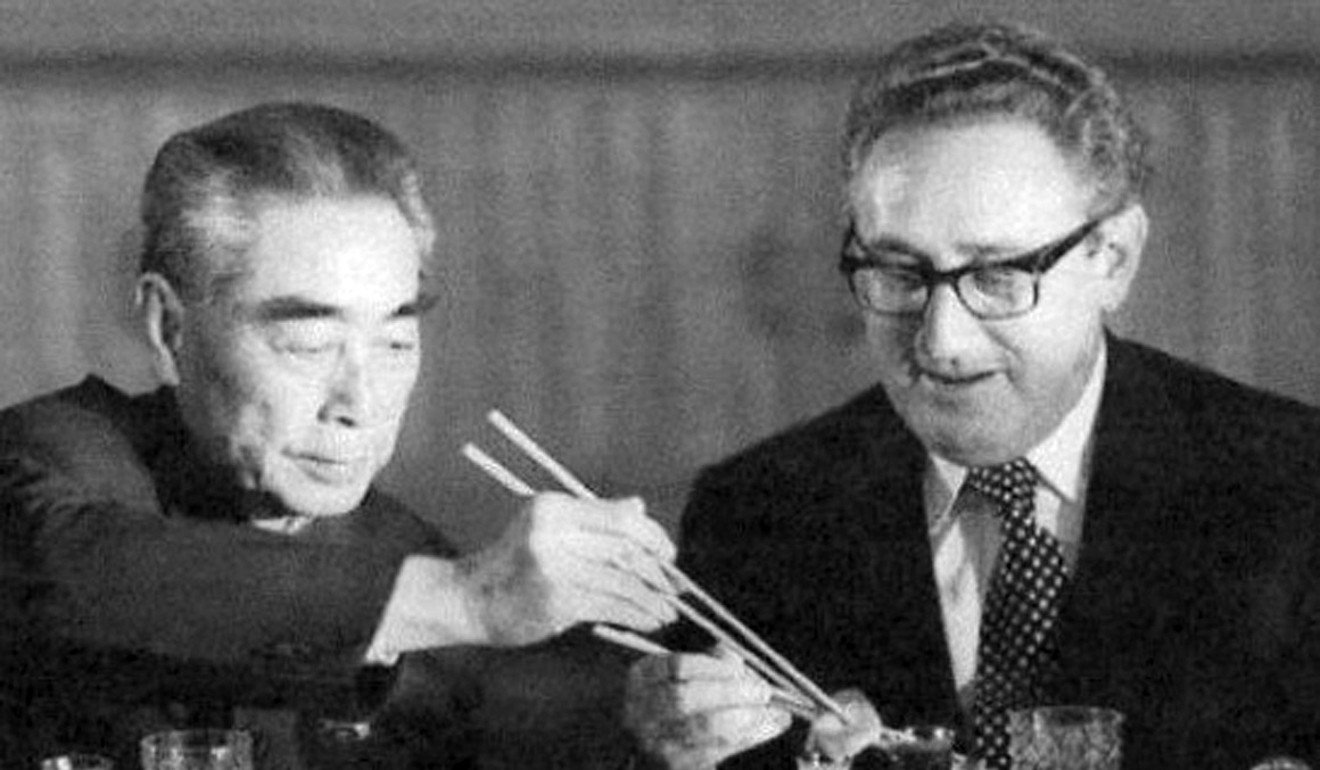
Peking duck may have been deemed a step too far for Trump, but at least the Beijing dinner avoided any controversy.
This was in marked contrast to an earlier banquet on Trump’s Asian tour, when South Korea angered the Japanese by serving prawns that came from an island at the centre of a territorial dispute between the two countries.
However, the simple dishes presented to Trump raised eyebrows among users of Weibo, the Chinese equivalent of Twitter.
“Haha, those are all home-made dishes!” said a microblogger from Zhejiang using the name Linyeqian.
Can China’s chefs charm Donald Trump like they did with Henry Kissinger in 1971?
“We common people have already eaten some courses that were served in the state banquet,” Beijing policeman Zhang Jinqiu said.
“Enough! Even I can afford those dishes. Next time let me cook a ‘state banquet’ at home,” said a user named Amanda Lee, who is a university student in Henan province.
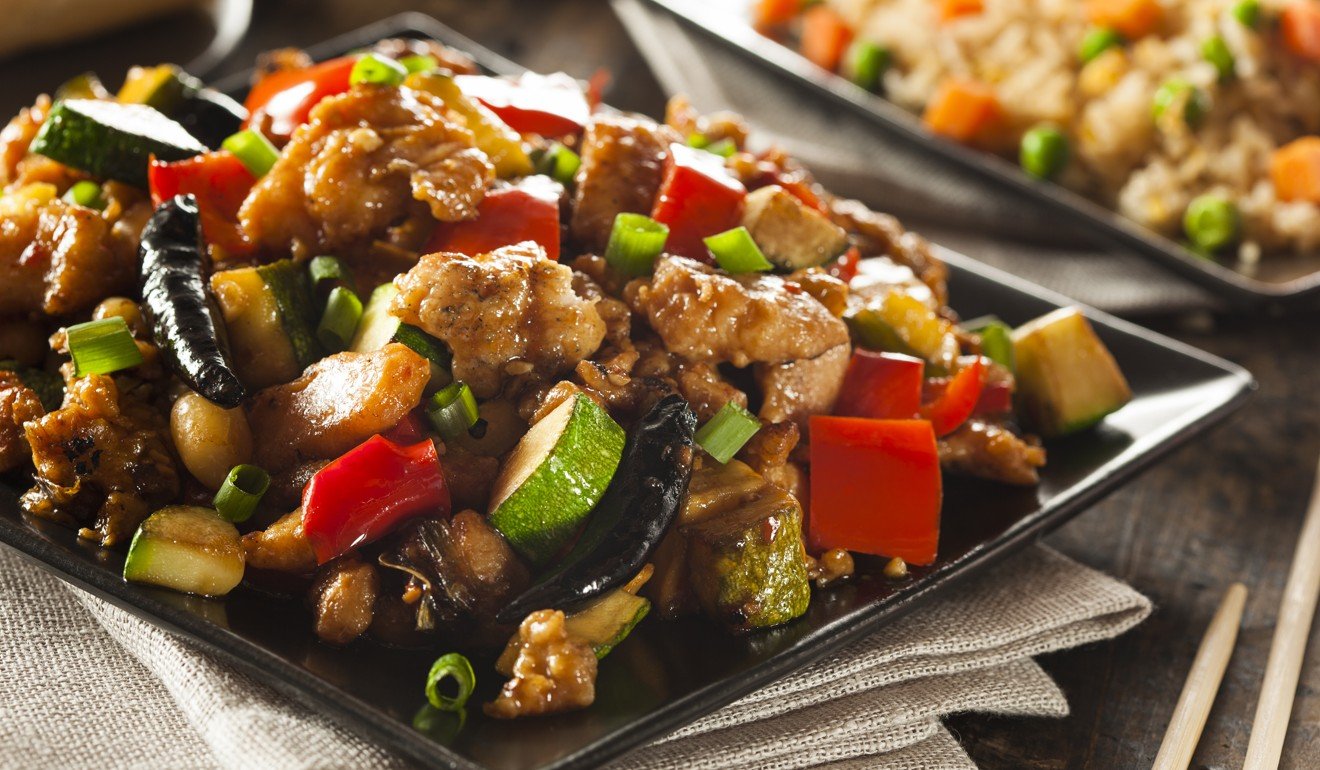
Lu Peixin, a former protocol director at the Chinese foreign ministry, told the South China Morning Post: “Despite its simple nature, the materials and ingredients were strictly selected.
“Ideally, the courses served in a state banquet should meet everyone’s taste irrespective of their gender and age. So courses that either have strange tastes or deliver negative connotations should be avoided.”
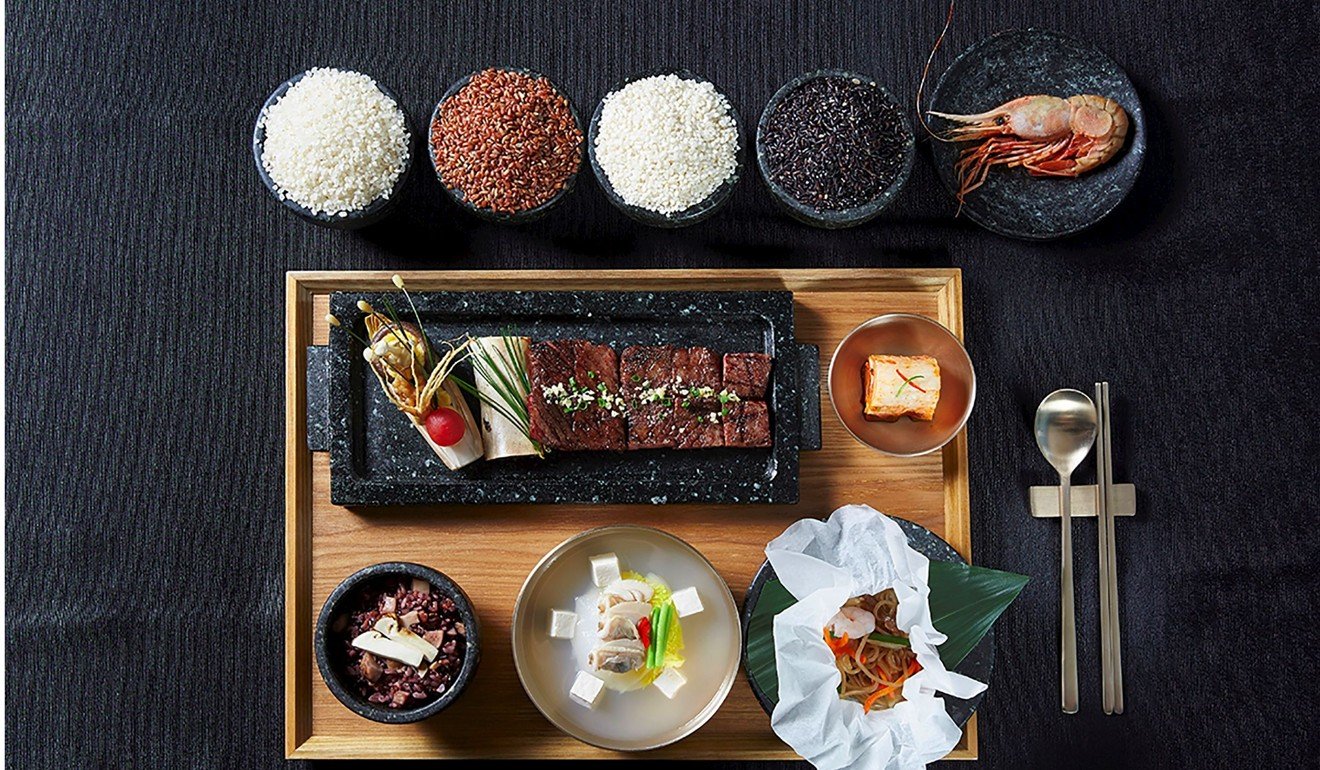
Lu also said that while Chinese culture dictated that distinguished guests should be served local delicacies such as shark’s fin soup or bird’s nest, Westerners might not like them.
“Food culture varies from country to country, and this poses difficulties in the preparation for the state banquet. Normally, chefs would use ‘safe’ materials.
“We Chinese might think sea cucumber is precious and should be served to distinguished foreign guests, but sea cucumber does not look good and it cannot easily be sent to one’s month by fork,” Lu said.
Adam Cliff, a chef in Hong Kong, said the menu was designed to be palatable to all in attendance. Still, he said, that may not be a bad thing, adding: “I quite enjoy a good clam chowder.”

